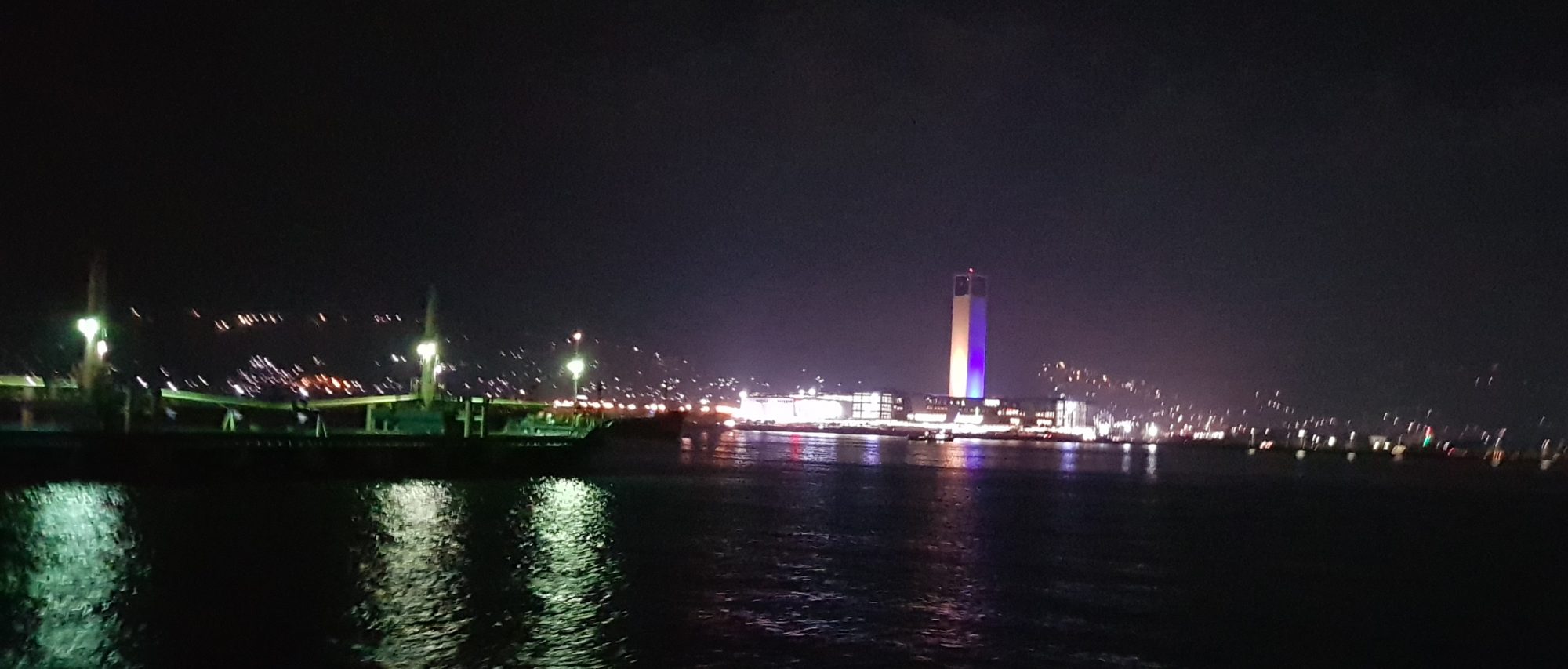
Seeing “#Happy Rizal Day” trending in Twitter today gave me mixed feelings. This means many still remember Dr. Jose Rizal. But why say “Happy Rizal Day” to commemorate the day he was killed?
I find it quite ironic though that Filipinos 115 years after he was shot to death at Bagumbayan (now Luneta) by Spanish authorities would now greet each other “Happy Rizal Day.”
Do we tell each other “Happy Good Friday” to commemorate the day the Romans crucified and killed Jesus Christ?
Perhaps, we say “Happy Halloween” when we party on the eve of All Saints Day and All Souls Day. But never do we utter “Malipayong Kalag-Kalag” especially when we visit the burial place of our loved ones on November 1.
Why say “#Happy Rizal Day” on Twitter then?
Are we happy that Rizal’s death on December 30 some 115 years ago triggered the Philippine Revolution that led to freedom from Spanish colonialism?

History books tell us this was same revolution that Rizal repudiated because he preferred more peaceful means of change. This was also the same revolution that killed its own leaders like Andres Bonifacio. This was likewise the same revolution whose victory the Americans snatched away from us because we were supposedly not ready for freedom and independence. This was the same revolution that the Americans suppressed brutally and killed hundreds of thousands of Filipinos.
In Manila, the Americans did not grant their erstwhile allies — the Filipino revolutionaries who just declared Philippine independence on June 12, 1898 — the benefit of victory. The Americans declared victory against the Spaniards in the mock battle of Manila bay.
Cebuano revolutionaries fared better then. On December 24, 1898, the Spanish governor left the provincial government in the hands of a Cebuano caretaker governor — Don Pablo Mejia.
To me, saying “#Happy Rizal Day” only means the present Twitter generation vaguely remembers Rizal as a Philippine hero. They don’t anymore recall that December 30, 1896 was the day the Guardia Civil shot him to death.
Well, in a way, the killing of Rizal convinced Filipinos then that the days of peaceful struggle for reforms within the Spanish colonial system was over. The time for revolution has come. They began singing “ng mamatay ng dahil sa iyo” as they fought for independence.

Years before his death, Rizal wrote in his essay “The Philippines — A Century Hence” the following passage:
“Very likely the Philippines will defend with inexpressible valor the liberty secured at the price of so much blood and sacrifice. With the new men that will spring from their soil and with the recollection of their past, they will perhaps strife to enter freely upon the wide road of progress, and all will labor together to strengthen their fatherland, both internally and externally, with the same enthusiasm, with which a youth falls again to tilling the land of his ancestors who long wasted and abandoned through the neglect of those who have withheld it from him. Then the mines will be made to give up their gold for relieving distress, iron for weapons, copper, lead, and coal. Perhaps the country will revive the maritime and mercantile life for which the islanders are fitted by their nature, ability and instincts, and once more free, like the bird that leaves its cage, like the flower that unfolds to the air, will recover the pristine virtues that are gradually dying out and will again become addicted to peace — cheerful, happy, joyous, hospitable and daring.
These and many other things may come to pass within something like a hundred years …”
Unfortunately, the new Filipinos today — more than a century after Rizal’s death — don’t anymore posses a clear “recollection of their past (as we) … strife to enter freely upon the wide road of progress.”
It seems Filipino during the time of Twitter and other forms of social media are more content with mere exchanges of “Happy Rizal Day” to commemorate our country’s historic turning points.
Related articles
- Jose Rizal is The Gunless Patriot (socyberty.com)
- Andres Bonifacio and the Youth of Today (tomascelino1125.wordpress.com)
- Killing of a mayor (inbetweencolumns.wordpress.com)
- Presidential significance of 2013 (politika2013.wordpress.com)


This also reflects on how rooted are we Filipinos as a people on our history and heritage.
LikeLike
hi. i’d like to ask your permission to use the photo of jose rizal for one of my blog entries, “the youth.” thank you. (semirandommusings.wordpress.com)
LikeLike
No problem.
LikeLike